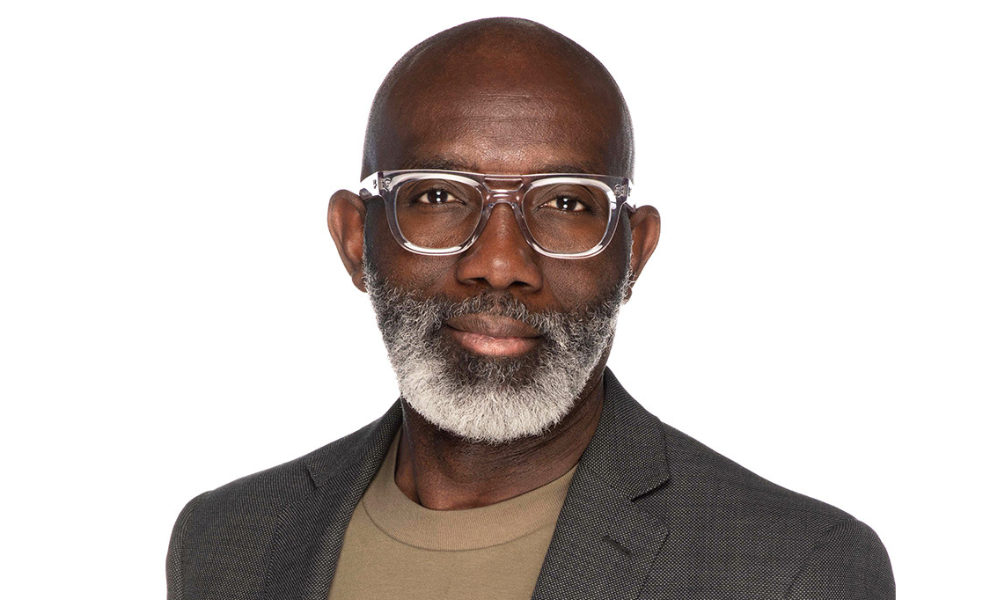Veteran business development managers explain how their roles have shifted and what advisors now expect from them

Career changes rarely happen in a vacuum. Changing economic and industry circumstances will prompt talented people to seek new opportunities. That was very much the case for both David Hutchinson and Paul Morra, two veteran financial services salespeople who just took BDM roles at the Gryphin Advantage, a managing general agent for independent advisors.
Hutchinson and Morra each come with decades of experience in sales at large established firms, working largely in insurance products for advisors. They explained that their moves to Gryphin come in the context of wider industry and role changes. BDMs, they explain, have shifted from pure sales and distribution agents. As advisors’ scope of work has widened, there is a growing expectation that BDMs can serve more as partners and even consultants for the advisors’ business.
“Business development is a term that gets thrown around quite a bit, but when you're actually building with an advisor it means a lot more,” Hutchinson says. “You're not only involved once the product has started, you're involved when the advisors talking about the growth of their practice, the growth of their team, and their strategy going forward. So I think as a business development manager in this role, we’re going to be building with advisors.”
Key to that work, Hutchinson and Morra explain, is a full and deep understanding of advisors’ businesses. Modern BDMs need to know what advisors’ growth goals are, if they’re adding team members and skillsets to the practice, and if they’re shifting focus in the clients they serve. As they do that, Hutchinson and Mora believe that advisors are craving people they can bounce ideas off and literally consult with on their business decisions. They think BDMs can help play that role.
Morra adds that he has already seen his role expand in scope to help advisors with one of their most acute modern challenges: succession. With a large cohort of Canadian advisors now in their 50s and 60s, approaching retirement, succession planning has become something of a crisis for the industry. As a BDM with a wide array of relationships and insight into the goals and plans of advisors as business owners, Morra says that he can help furnish that key introduction that might solve the succession crisis for an advisor.
“In the BDM role you start thinking about who you can align this advisor with to help them continue to grow their business,” Morra says.
Achieving that as a BDM takes more than just blowing into an office to talk product. Hutchinson stresses the importance of listening to advisors in his role. What he has heard is a deep desire for consistency and stability. Advisors want to work with people they can rely on and trust to provide answers. The challenge for advisors in providing ‘holistic wealth management’ is the sheer scope of work and expertise that falls under that umbrella. BDMs need to be able to support advisors’ expertise with knowledge of their own.
Morra adds the importance of developing a wide knowledge base as a BDM. That is not limited to knowledge of the industry and advisors’ businesses. He argues that BDMs need to understand broader economic and political contexts. Those BDMs who solely focus on product without applying the micro and macro context to it, lack the capacity to meet modern advisors’ needs – in Morra’s view.
Achieving that requires work on the back-end too. Kirk McMillan, President of Gryphin Advantage, explains that his firm has built a number of tools to support the work of modern BDMs. They have tools that advisors can access through their BDMs with business planning, process mapping, and marketing capabilities. They’ve even built cybersecurity modules that advisors can use. The goal, McMillan explains, is to make BDMs into consultants for advisors.
“They're acting as consultants to facilitate these conversations and to help advisors do the work. So we're trying to tool up advisors and then have David and Paul come in and do the work after the fact,” McMillan says.



